A(nother) remastered Solti Ring cycle--with Atmos this time. Milk that cow, I guess.
All I've been able to find so far are short, stenographic news items in
Opera Wire and BBC Classical that are lifted from Decca's poorly written press release:
https://www.deccaclassics.com/en/ar...-ring-sounding-better-than-ever-before-267505
Nothing in that release about multitracks. And based on what I'm hearing/reading, that's because there weren't any: Decca mixed live to two tracks. (There's apparently documentary evidence of a 4-track recorder and a line of ambience mics in the studio for the post-
Rheingold operas, but some sources claim that those latter two mics were used to overdub special effects only.) Also, the stuff about "spot-baking" is seeming nonsense: there's no practical way to do that, and the tapes all predate the era of sticky-shed syndrome anyway.
One source I've read says that apart from a King Records reissue, which used Japanese copies of master tapes, all previous remasters were done from 1984 digital transfers, when the original masters were found to be in poor condition and required extensive repair. (Another source says the 2012 remaster was based on newer 1997 transfers, whose over CEDAR-ization was repaired with digital tweaking.) Assuming the masters are still playable, a new hi-res transfer could certainly be an improvement.
The good news is that even when they're "upmixes" (or the working equivalent), the more recent Atmos mixes from Decca's back catalogue have sounded pretty good--full and immersive. But will this latest reissue be a marked improvement over my 2014 Pure Audio stereo Blu-Ray (which used the 2012 remaster), which I can always run through the DSU? I doubt it, unless they've also employed stem separation AI. But happy to be proven wrong.
EDIT, one day later: the discussions on which I've been eavesdropping on a particular mailing list have grown very interesting--a few things have emerged with more clarity, but some fresh clouds, too. Stay tuned, I guess.
















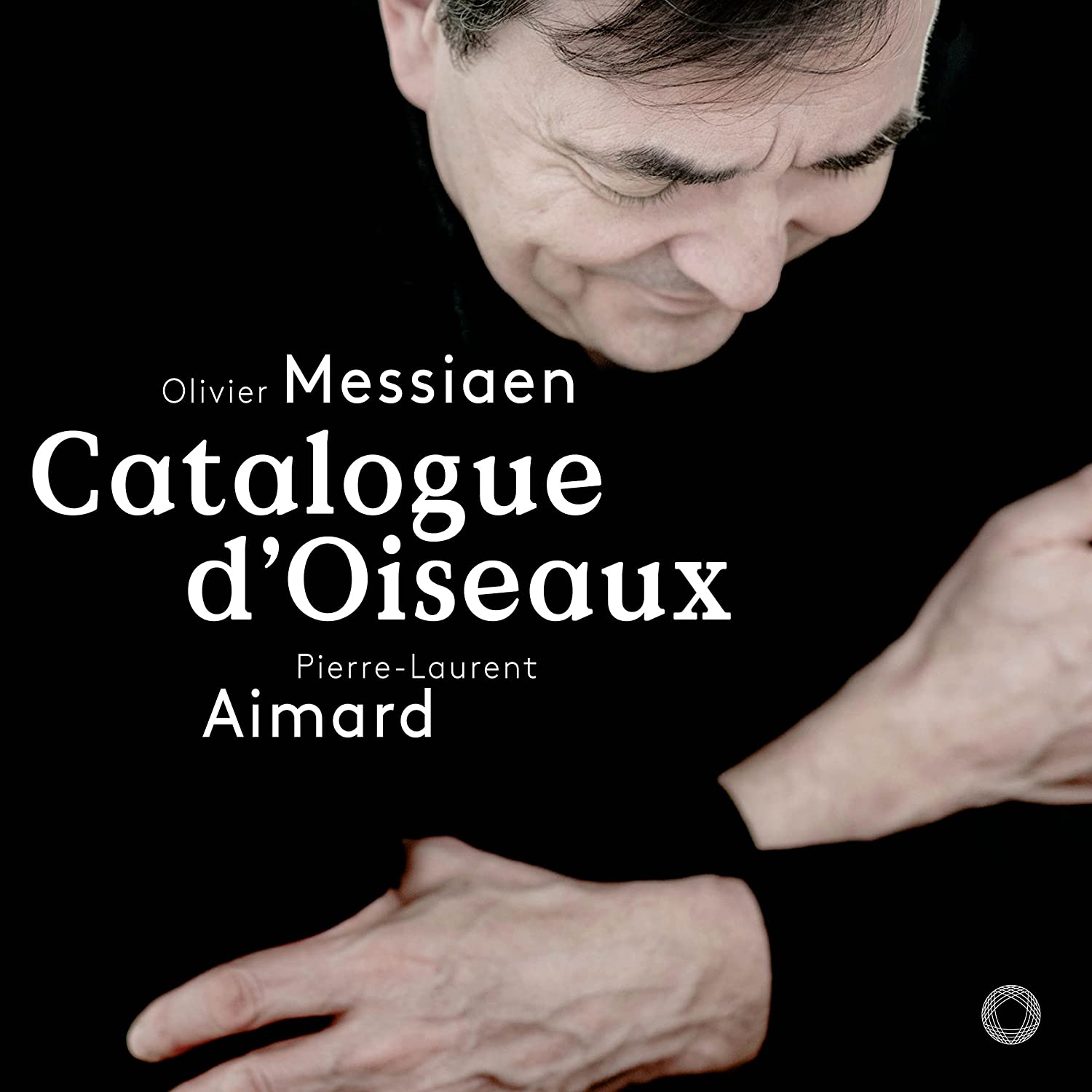
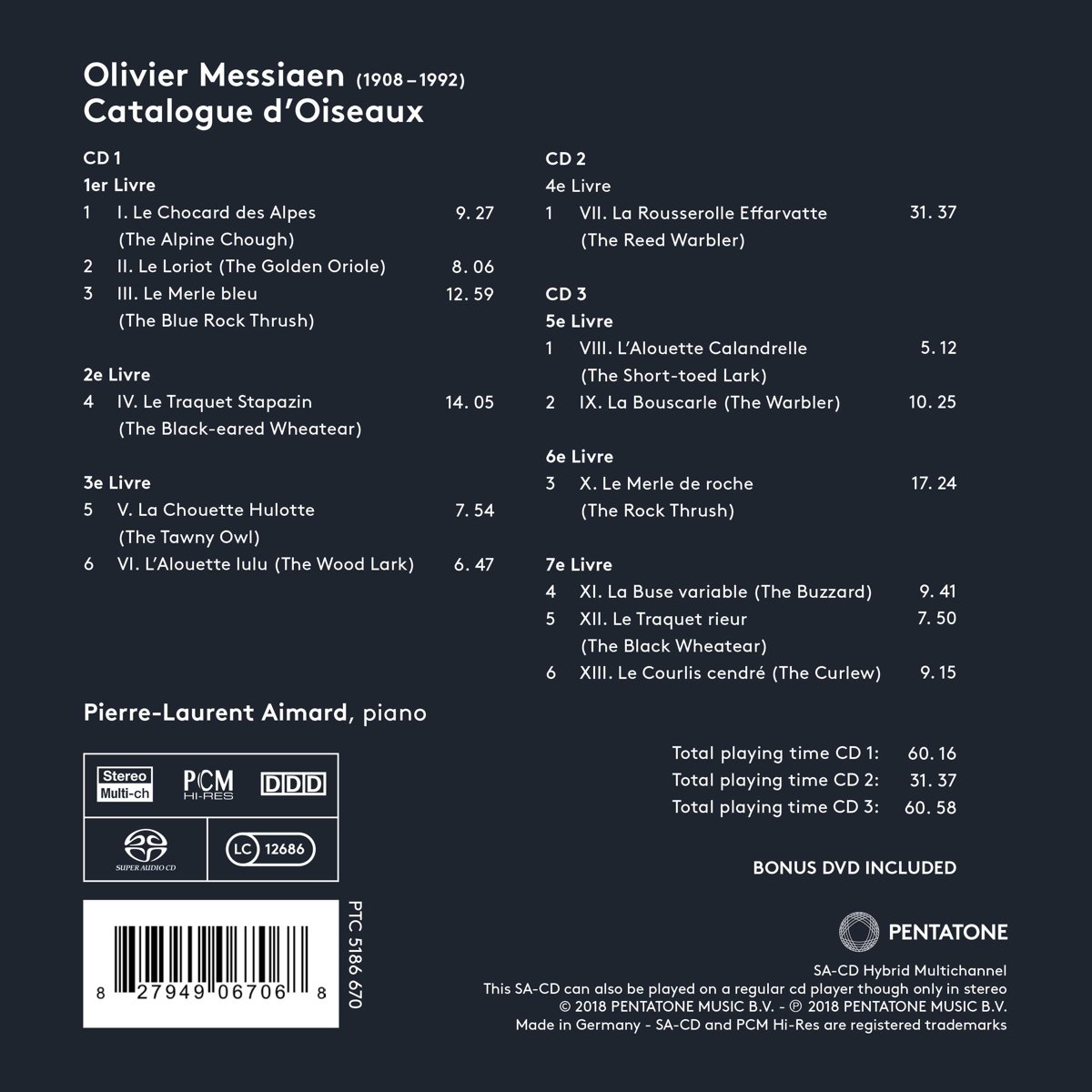

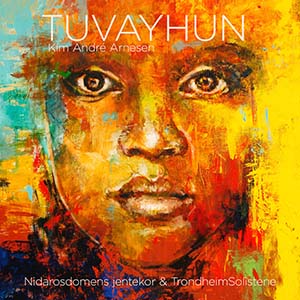

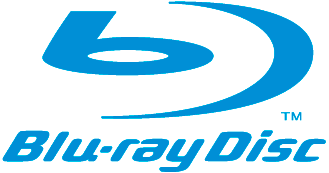
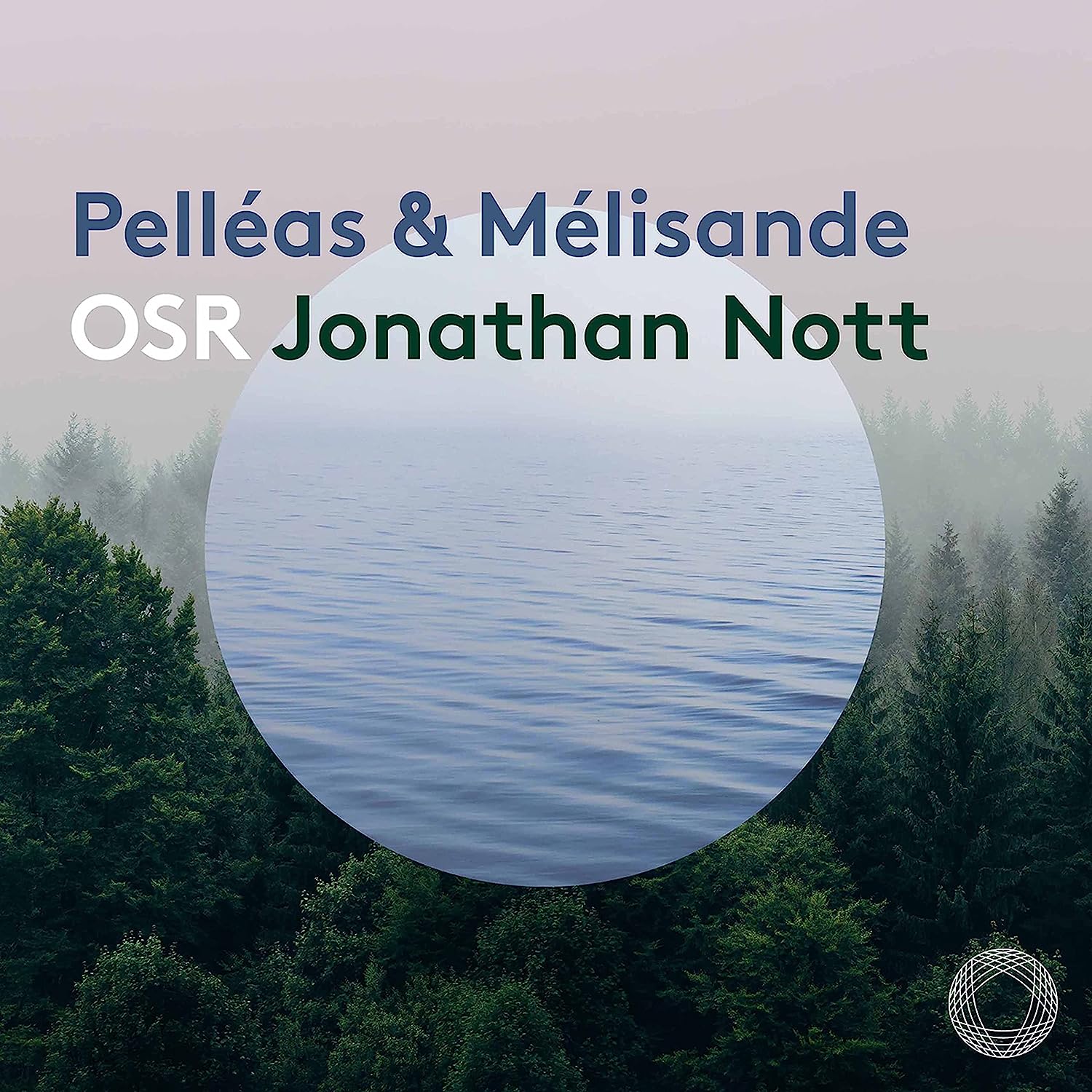
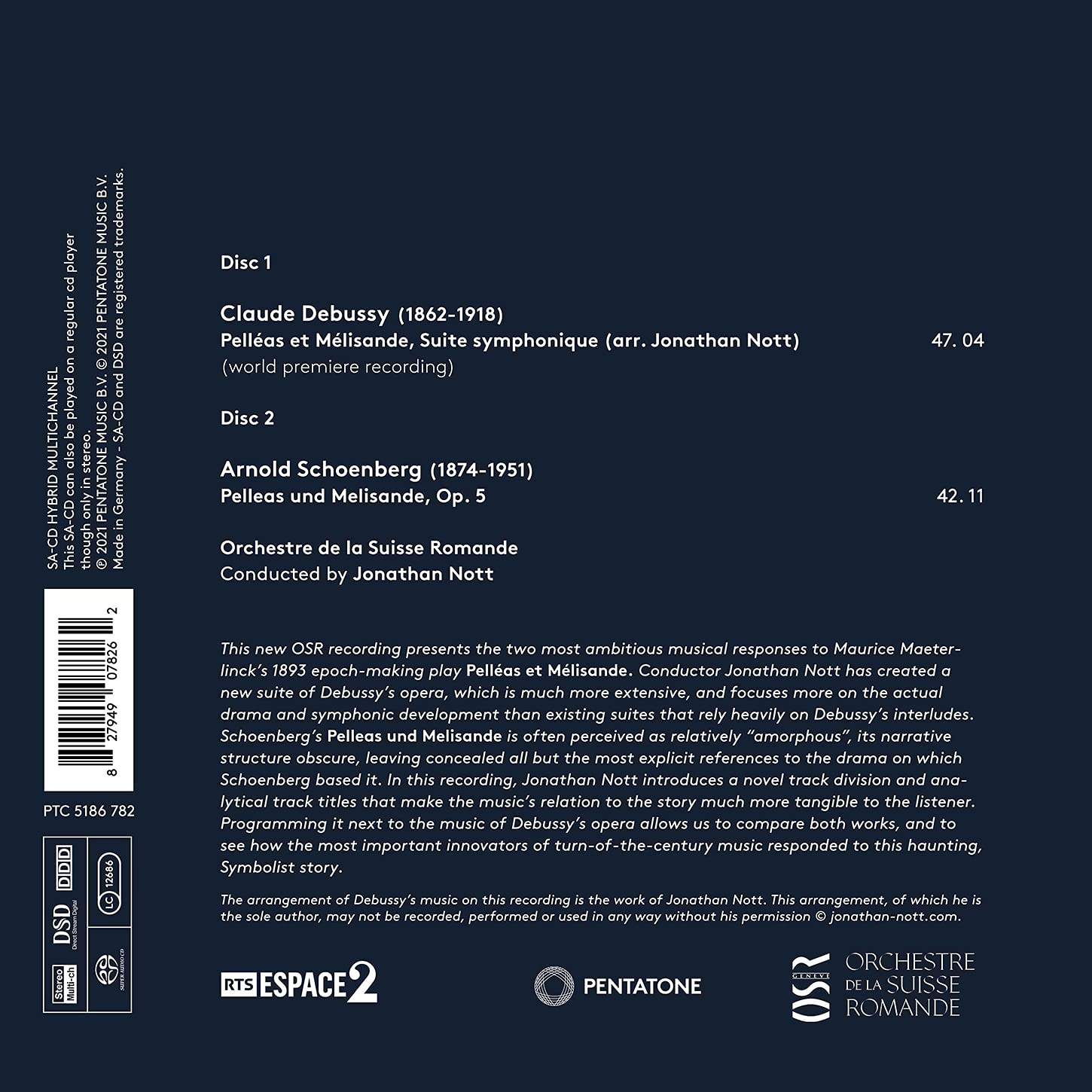
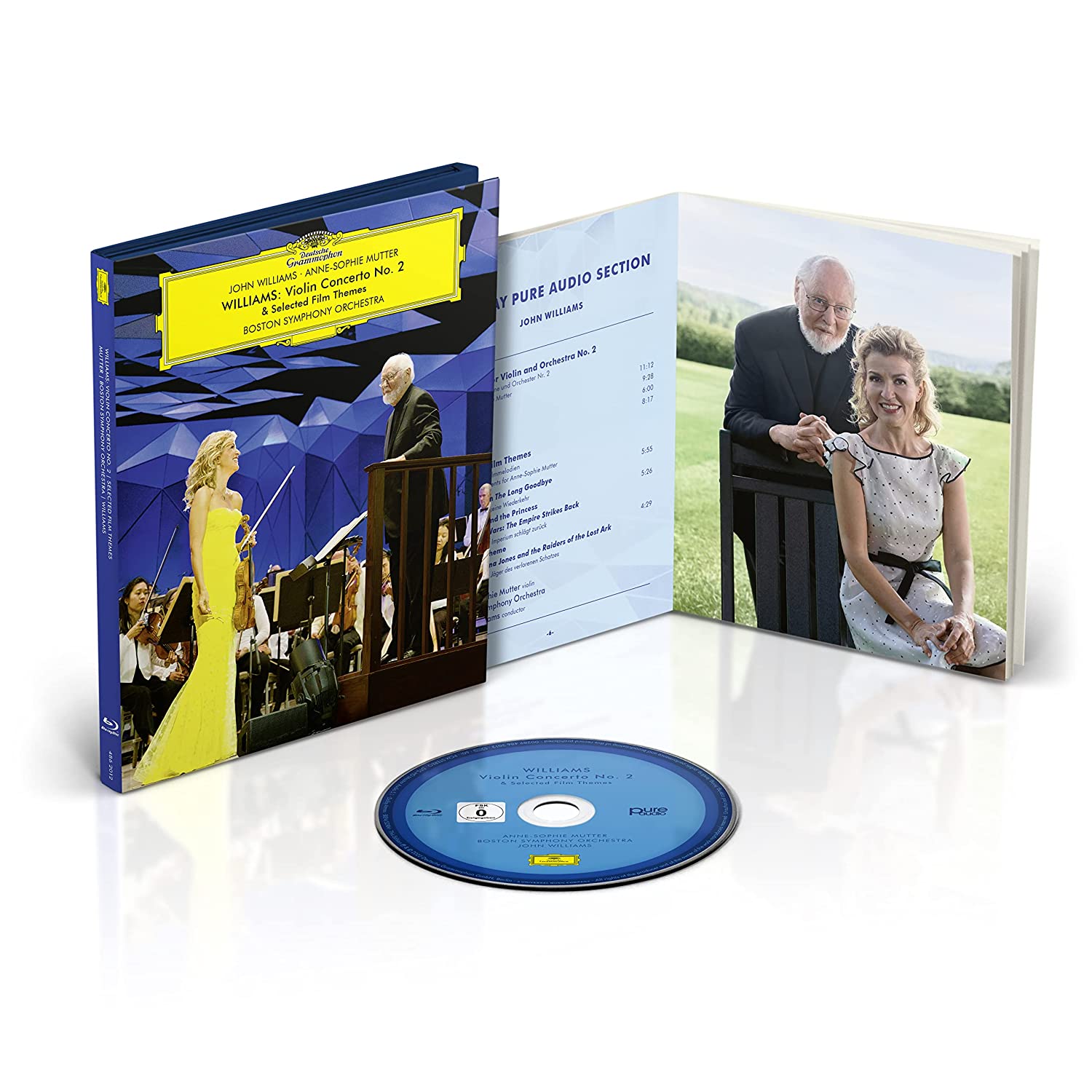
![Cyril Scott: Poem ‘The Melodist and the Nightingales’/Arnold Bax: Variations for Orchestra/George Butterworth: Fantasia for Orchestra [SACD Hybrid Stereo] Cyril Scott: Poem ‘The Melodist and the Nightingales’/Arnold Bax: Variations for Orchestra/George Butterworth: Fantasia for Orchestra [SACD Hybrid Stereo]](https://proxy.imagearchive.com/0f2/0f2f03e3c220f75864e84f9efe09930c.jpg)